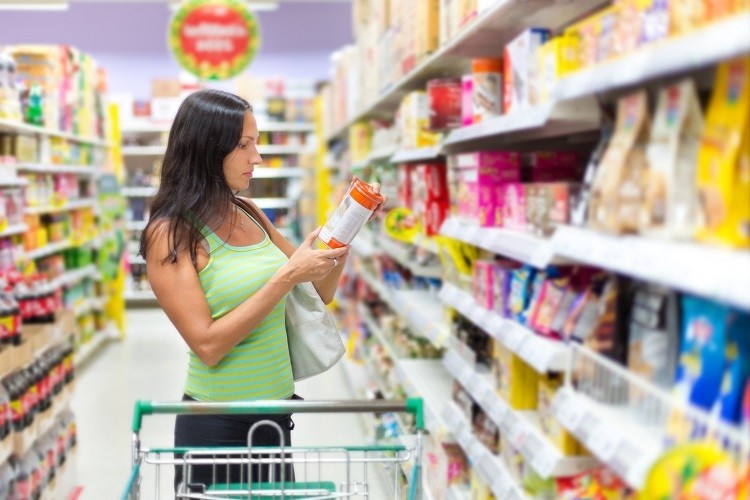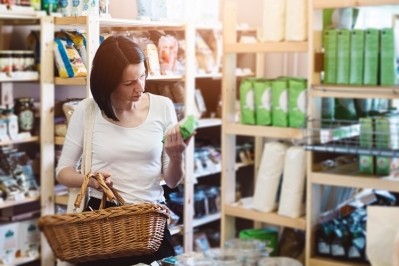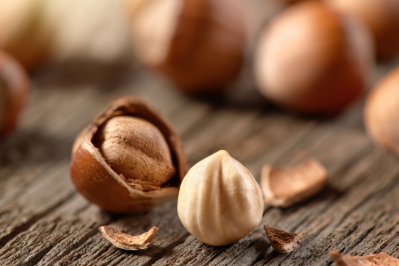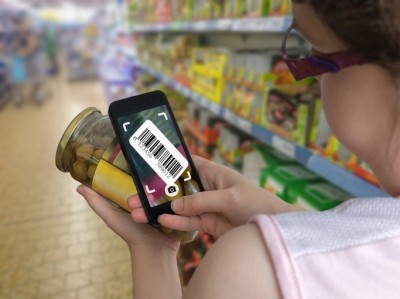What could an upcycled food certification standard look like?

The not-for-profit, created in 2019 by a group of upcycled food companies, is on a mission to transform the food system so that ‘all food is elevated to its highest and best use’.
To advance this mission, the Upcycled Food Association (UFA) has developed and published its first ever draft certification standard.
“The Standards Committee has worked diligently to develop a Standard that helps showcase the impact of the upcycled food industry, increase the visibility and demand for upcycled products, and allow more consumers to participate in this innovative approach to tackling climate change,” said UFA’s COO and co-chair of the Certification Standards Committee Ben Gray.
What is upcycled food?
According to the UFA, upcycled foods “use ingredients that otherwise would not have gone to human consumption, are procured and produced using verifiable supply chains, and have a positive impact on the environment”.
A significant 8% of human-cause greenhouse gas emissions come from food loss and waste, making food waste an important part of the solution to climate change.
Upcycling food can also make sense from a financial standpoint, as they are ‘value-added products’. Globally, around $1trn-worth of food is wasted or loss. Upcycled food ‘captures that value’ and contributes to the creation of a more sustainable and resilient food system.
It also offers an opportunity to feed growing populations without the need for more limited natural resources. And according to the UFA, there is consumer demand for such products: “More than half of consumers want to buy more upcycled foods,” it noted.
Innovation in upcycled food has significantly increased in recent years: be it The Coffee Cherry Co upcycling discarded coffee cherry pulp into an ingredient for bakery, beverage, and confectionery applications, Planetarians producing a plant-based protein flour from upcycled defatted sunflower seeds, or Renewall Mill selling a high-protein, high-fibre flour made from soybean pulp.
A ‘first ever’ certification standard
The standard is designed to develop markets for upcycled foods. By carrying an UFA Upcycled Certification mark – which Gray told this publication is currently under development – products will communicate to consumers a ‘consistent message’ regarding the value of the product category.
The yet-to-be finalised logo also aims to create a common identity for the upcycling movement.
Two distinct designations are outlined in the draft: the first covers certified upcycled ingredients (UI) and the second, products containing upcycled ingredients (PUI).
For UI to be eligible for certification, they must contain a minimum percentage of 95% uniform diverted inputs by weight. For PUI, the minimum content of upcycled ingredients by weight is 10%.
Operators eligible to apply for certification include those that grow, produce, manufacture, process, and trade in food and beverage, dietary supplements, companion pet food, cosmetics, personal care products, and household cleaners.
“The long-term vision of the UFA Upcycled Certification Standard is to guide the food system towards increased economic and environmental sustainability through food waste diversion,” noted the UFA. This will happen by achieving scale, continuing to expand throughout other industries, and continued development of waste mitigation strategies.
Concerning auditing of the certified products’ supply chain, Gray told FoodNavigator that independent third-party certifying bodies will administer the requirements of the certification.
And while the UFA will be looking to roll out certification internationally ‘as soon as possible’, to begin with only good for sale within the US are eligible for certification.
Feedback welcome
Consumers, retailers, producers, growers, and policy experts, among others, are being invited to provide feedback on the draft standard before 4 December 2020.
“Public comment plays an important role in shaping the requirements of the UFA upcycled Certification Standard,” said Clean Label Project Executive Director and Co-Chair of the Certification Standards Committee Jaclyn Bowen.
“Feedback from industry, academia, and consumer and environmental advocacy groups is essential to making sure that the standard is representative of the industry practice, protective of the environment and worthy of consumer trust and confidence.”


















